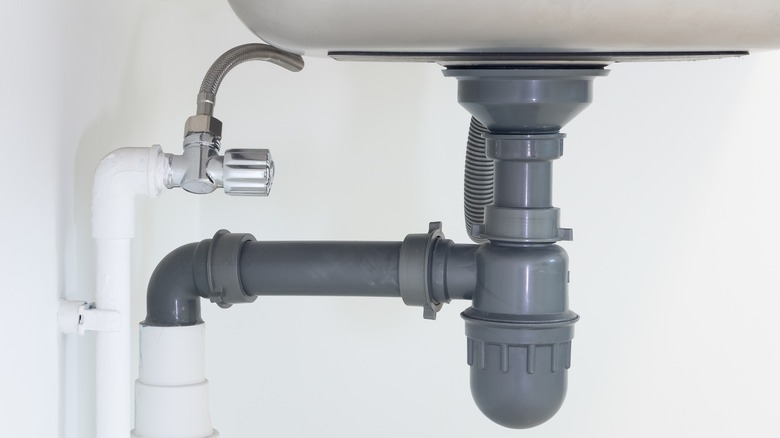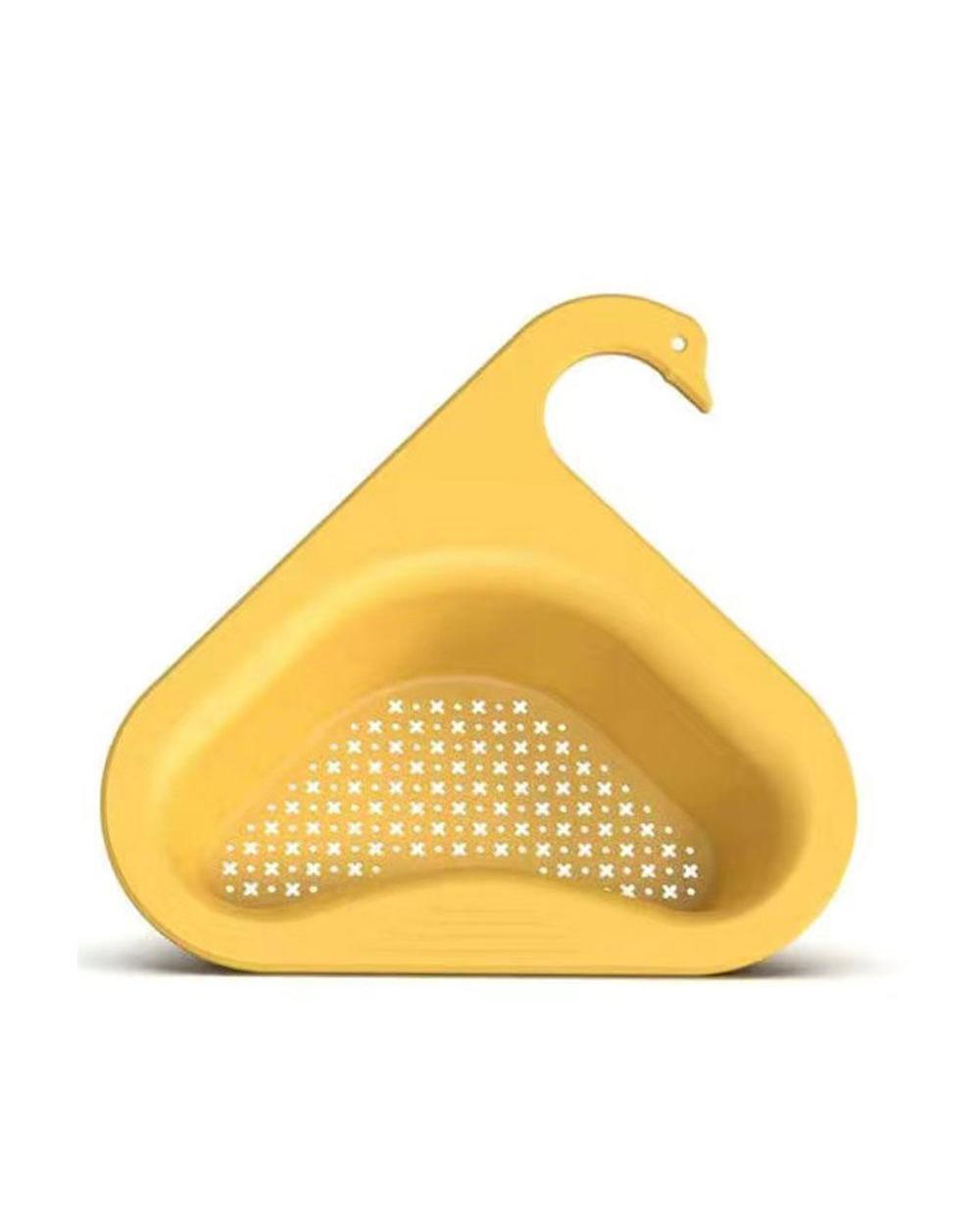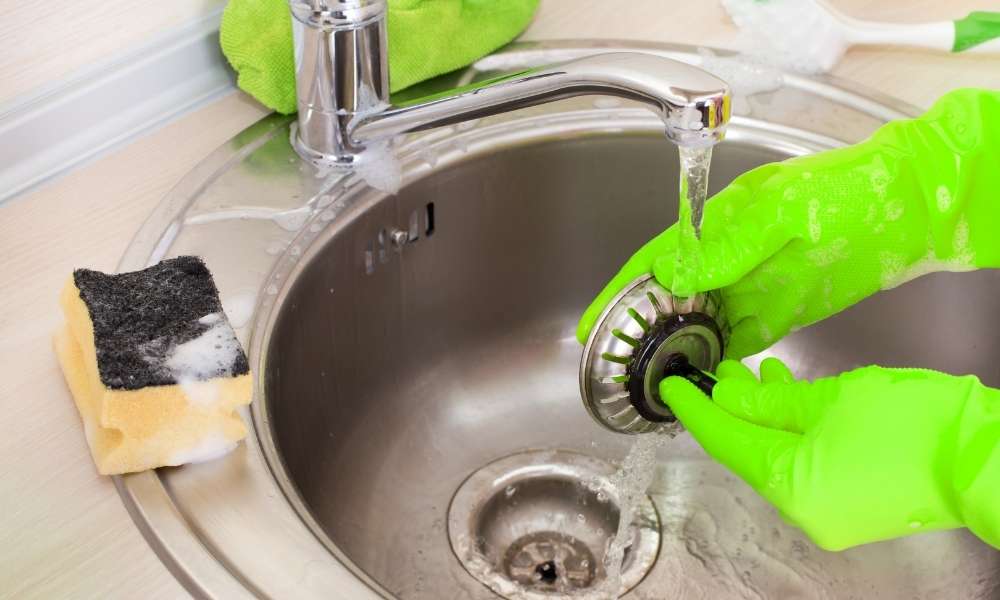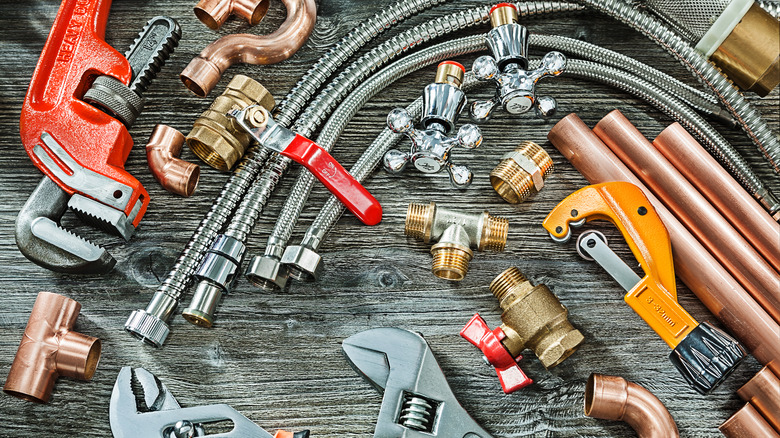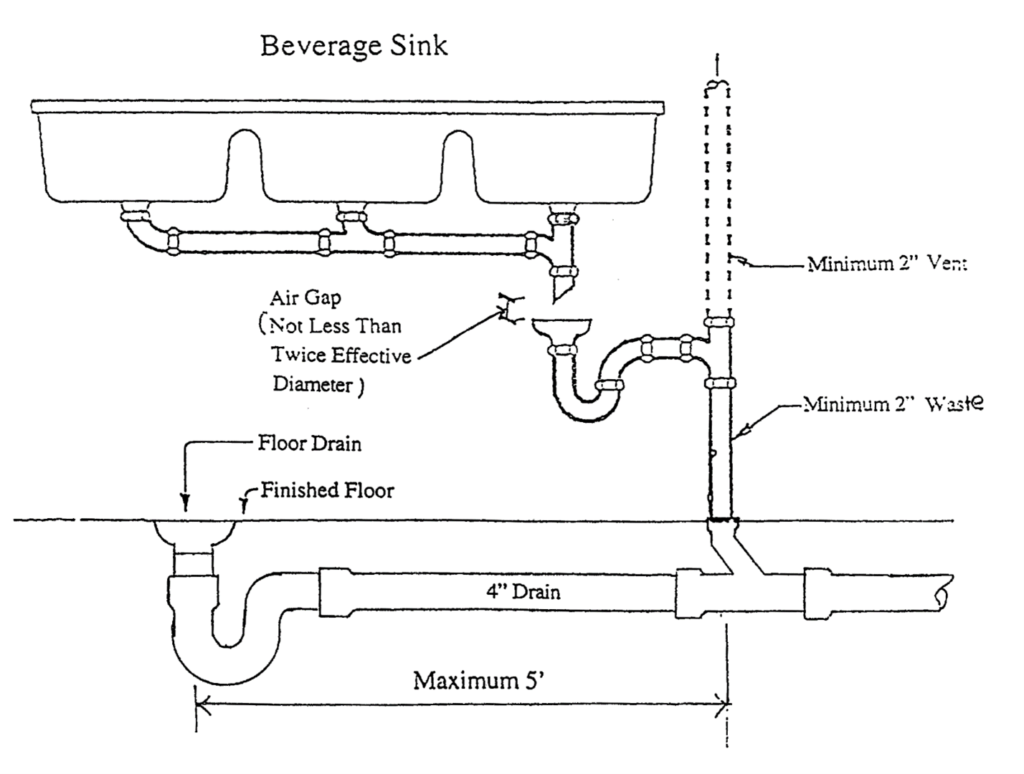Relocating a Kitchen Sink Drain: Step-by-Step Guide
Are you looking to give your kitchen a new layout or simply wanting to move your sink to a different location? Whatever the reason may be, relocating a kitchen sink drain is a common task that homeowners undertake during a kitchen remodel. The process may seem daunting, but with the right tools and knowledge, it can be a DIY project that will save you money. In this guide, we will take you through the steps of relocating a kitchen sink drain. So, let's dive in!
How to Relocate a Kitchen Sink Drain
The first step in relocating a kitchen sink drain is to determine the new location of the sink. This will help you plan the new layout and decide on the necessary changes to the plumbing. Once you have the new location in mind, you can start by turning off the main water supply and disconnecting the water lines and drain pipes from the sink.
Next, you will need to remove the old sink and countertop to expose the plumbing. This will allow you to assess the condition of the existing pipes and plan for any necessary replacements. It's also a good idea to take measurements of the new location to ensure the sink will fit properly.
DIY Kitchen Sink Drain Relocation
If you are planning to relocate your kitchen sink drain on your own, it's important to have the right tools and materials. Before you start, make sure you have a wrench, pliers, pipe cutter, PVC glue, and any necessary replacement parts. It's also helpful to have a diagram of the new plumbing layout to guide you.
The first step is to remove the old drain pipes and replace them with new ones that will fit the new location. This may require cutting and joining new pieces of PVC pipe and using PVC glue to secure the joints. Once the new pipes are in place, you can connect them to the sink and the main water supply. Make sure to test for any leaks before moving on to the next step.
Relocating a Kitchen Sink Drain: What You Need to Know
When relocating a kitchen sink drain, it's important to keep in mind that the new location may affect the overall plumbing system in your home. If the new location is too far from the main drain line, it may require additional pipes and fittings to connect to the existing system. It's best to consult a professional plumber if you are unsure about the complexity of the job.
You should also consider the type of sink you are installing in the new location. A top-mounted sink will require a different plumbing setup compared to an undermount sink. Make sure to research the specific requirements for your sink and plan accordingly.
How to Move a Kitchen Sink Drain
The actual process of moving a kitchen sink drain involves cutting and joining new pipes, as well as connecting them to the sink and main water supply. If you are not familiar with plumbing, it's best to hire a professional to do the job. This will ensure that the job is done correctly and to code, avoiding any potential problems in the future.
However, if you are confident in your DIY skills, it's important to follow all safety precautions and double check your work as you go along. Mistakes in the plumbing system can cause major issues and potentially costly repairs down the line.
Relocating a Kitchen Sink Drain: Tips and Tricks
Here are some tips and tricks to keep in mind when relocating a kitchen sink drain:
Kitchen Sink Drain Relocation: Common Mistakes to Avoid
When it comes to relocating a kitchen sink drain, there are some common mistakes that homeowners make. These include not planning the new layout properly, not turning off the main water supply, and not testing for leaks after installation. These mistakes can lead to costly repairs and potential damage to your home. That's why it's important to do your research and take your time during this project.
Relocating a Kitchen Sink Drain: Tools and Materials You'll Need
Here are the tools and materials that you will need when relocating a kitchen sink drain:
Step-by-Step Guide to Relocating a Kitchen Sink Drain
Relocating a Kitchen Sink Drain: Professional vs. DIY
While relocating a kitchen sink drain can be a DIY project, it's important to consider the complexity of the job and your own plumbing skills. If you are not confident in your abilities, it's best to hire a professional plumber to ensure the job is done correctly and to code. This will also save you time and potential headaches in the future.
Why Relocating Your Kitchen Sink Drain Can Improve Your House Design

Maximizing Space and Functionality
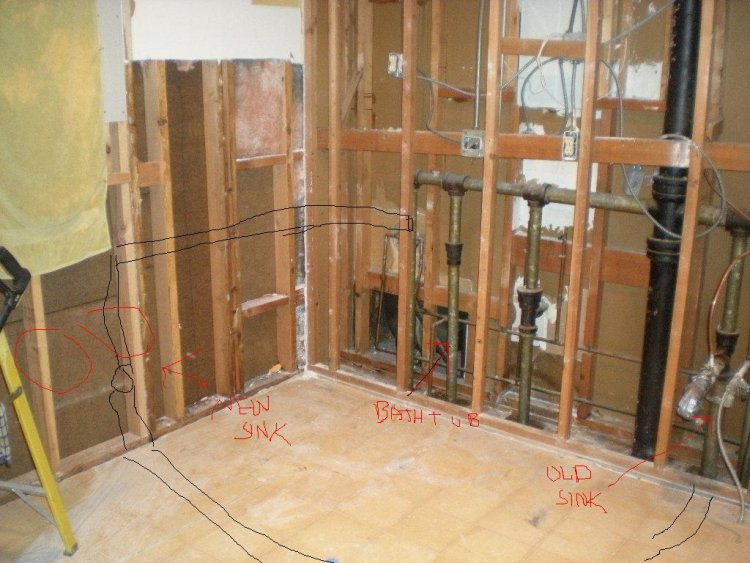 Relocating your kitchen sink drain may seem like a daunting task, but it can actually have a significant impact on the overall design and functionality of your kitchen. By moving the drain to a new location, you can free up valuable counter space and create a more efficient layout for your kitchen. This is especially beneficial for smaller kitchens where space is limited and every inch counts.
Relocating your kitchen sink drain may seem like a daunting task, but it can actually have a significant impact on the overall design and functionality of your kitchen. By moving the drain to a new location, you can free up valuable counter space and create a more efficient layout for your kitchen. This is especially beneficial for smaller kitchens where space is limited and every inch counts.
Creating a Better Flow
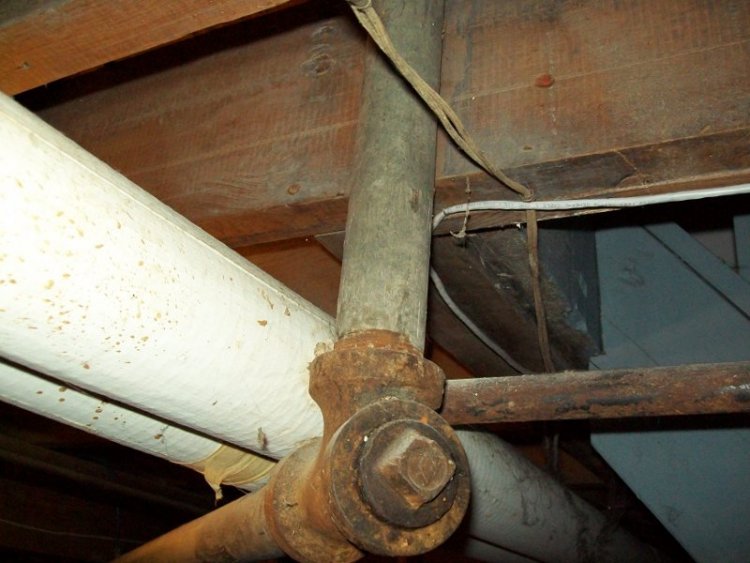 The placement of your kitchen sink drain can greatly affect the flow of your kitchen. If it is currently located in a spot that disrupts the natural flow of movement, relocating it can make a world of difference. For example, if your sink is currently positioned in the middle of your counter, moving it to the corner can create a more seamless flow between your cooking, cleaning, and prep stations.
The placement of your kitchen sink drain can greatly affect the flow of your kitchen. If it is currently located in a spot that disrupts the natural flow of movement, relocating it can make a world of difference. For example, if your sink is currently positioned in the middle of your counter, moving it to the corner can create a more seamless flow between your cooking, cleaning, and prep stations.
Improving Aesthetics
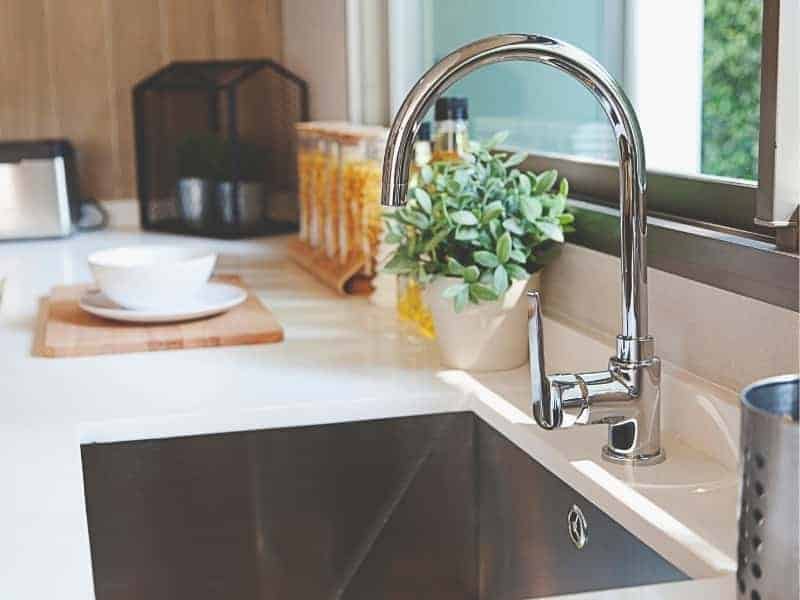 The kitchen is often considered the heart of the home, and its design and appearance are important in creating a welcoming and functional space. By relocating your kitchen sink drain, you can improve the overall aesthetics of your kitchen. You can choose a new location that not only enhances the functionality of your space but also adds a touch of style and elegance to your kitchen design.
The kitchen is often considered the heart of the home, and its design and appearance are important in creating a welcoming and functional space. By relocating your kitchen sink drain, you can improve the overall aesthetics of your kitchen. You can choose a new location that not only enhances the functionality of your space but also adds a touch of style and elegance to your kitchen design.
Fixing Plumbing Issues
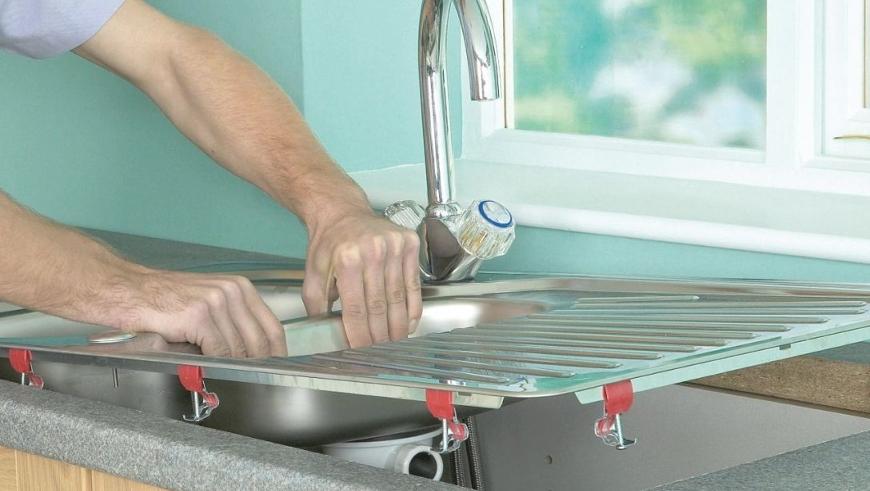 If you are experiencing frequent plumbing issues with your current kitchen sink drain, relocating it may be a necessary solution. Over time, pipes can become clogged or damaged, leading to leaks and other issues. By moving the drain to a new location, you can start with a clean slate and ensure that your plumbing is in optimal condition.
If you are experiencing frequent plumbing issues with your current kitchen sink drain, relocating it may be a necessary solution. Over time, pipes can become clogged or damaged, leading to leaks and other issues. By moving the drain to a new location, you can start with a clean slate and ensure that your plumbing is in optimal condition.
Consult a Professional
 Relocating your kitchen sink drain is not a DIY project and should be done with the help of a professional. A licensed plumber can assess your current plumbing system and determine the best location for your new drain. They can also ensure that all local building codes and regulations are followed, giving you peace of mind and a successful kitchen design.
In conclusion, relocating your kitchen sink drain is a smart and practical way to improve your house design. It can maximize space, improve flow, enhance aesthetics, and solve any plumbing issues. However, it is important to consult a professional for the best results. With their expertise, you can achieve a functional and beautiful kitchen that meets all your needs and preferences.
Relocating your kitchen sink drain is not a DIY project and should be done with the help of a professional. A licensed plumber can assess your current plumbing system and determine the best location for your new drain. They can also ensure that all local building codes and regulations are followed, giving you peace of mind and a successful kitchen design.
In conclusion, relocating your kitchen sink drain is a smart and practical way to improve your house design. It can maximize space, improve flow, enhance aesthetics, and solve any plumbing issues. However, it is important to consult a professional for the best results. With their expertise, you can achieve a functional and beautiful kitchen that meets all your needs and preferences.





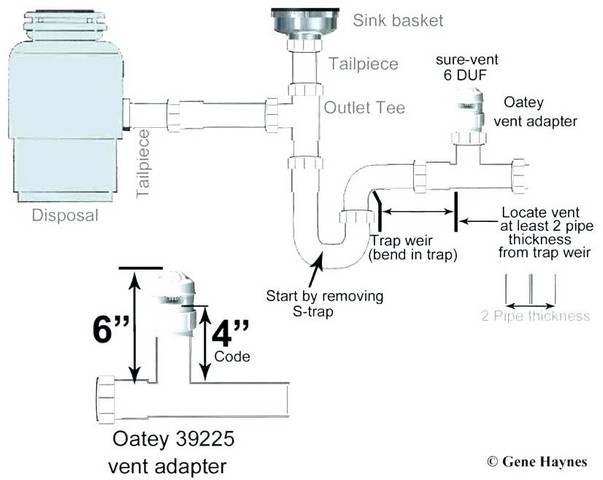

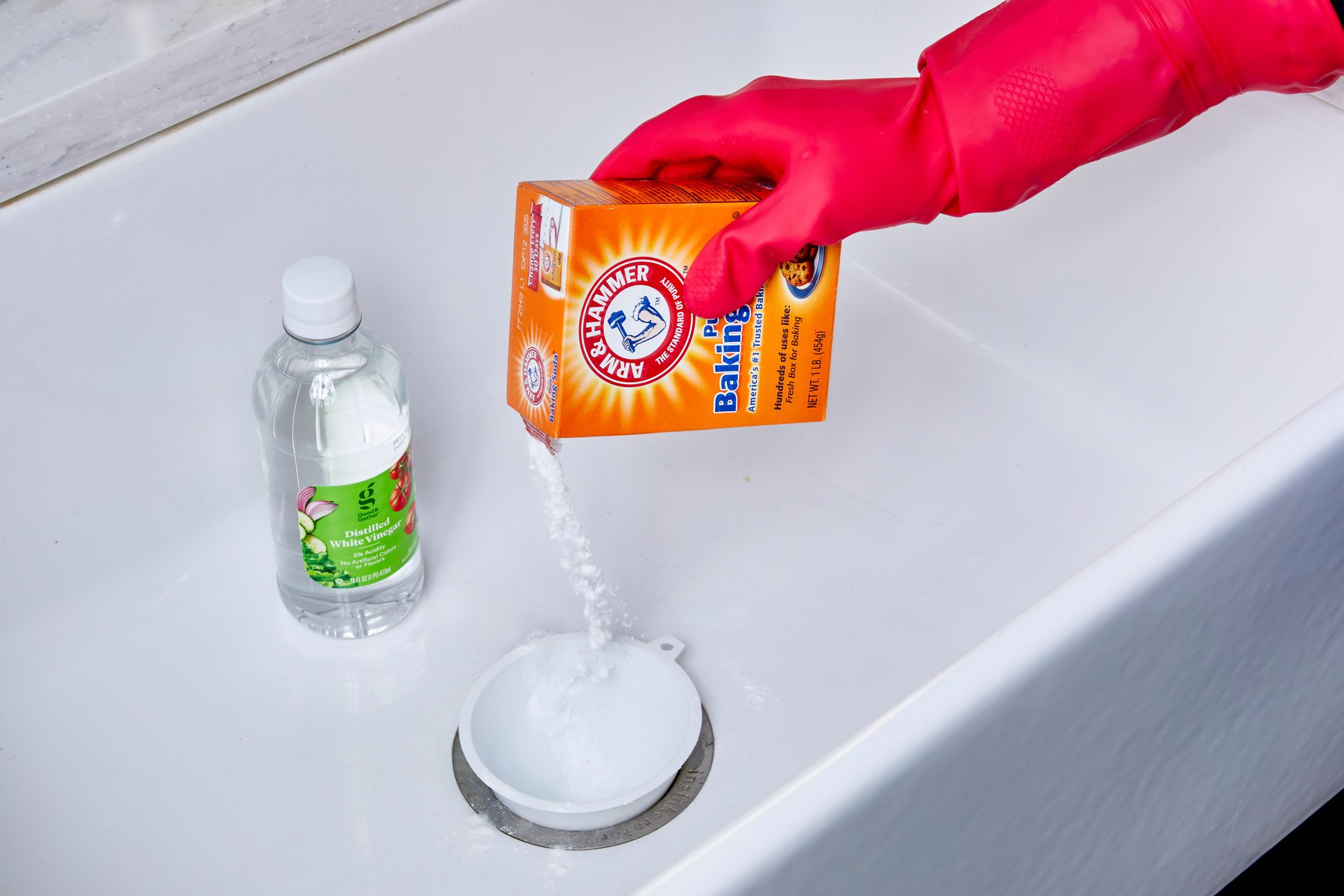





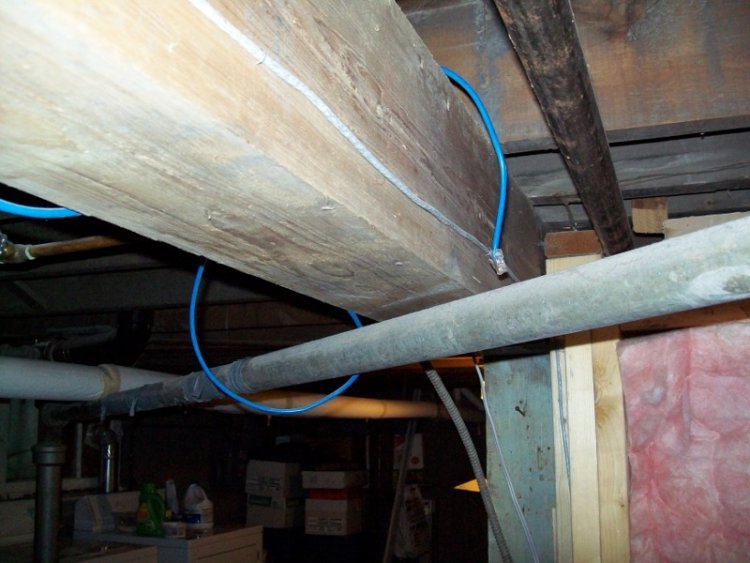
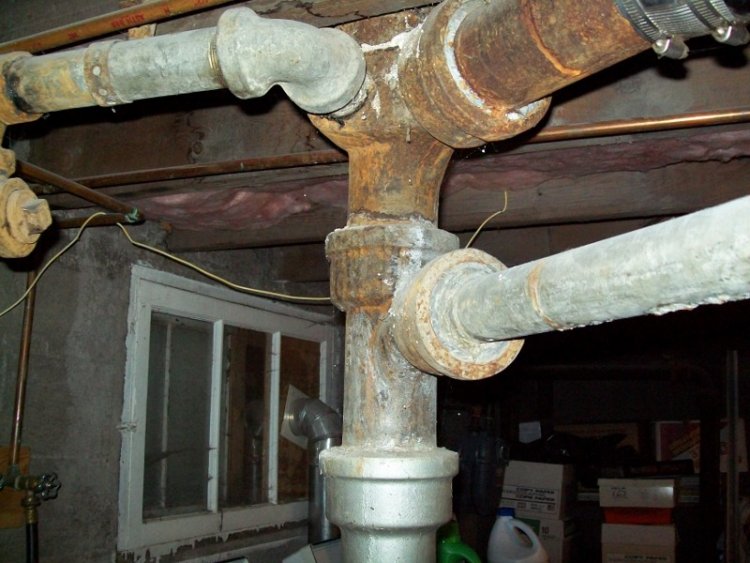








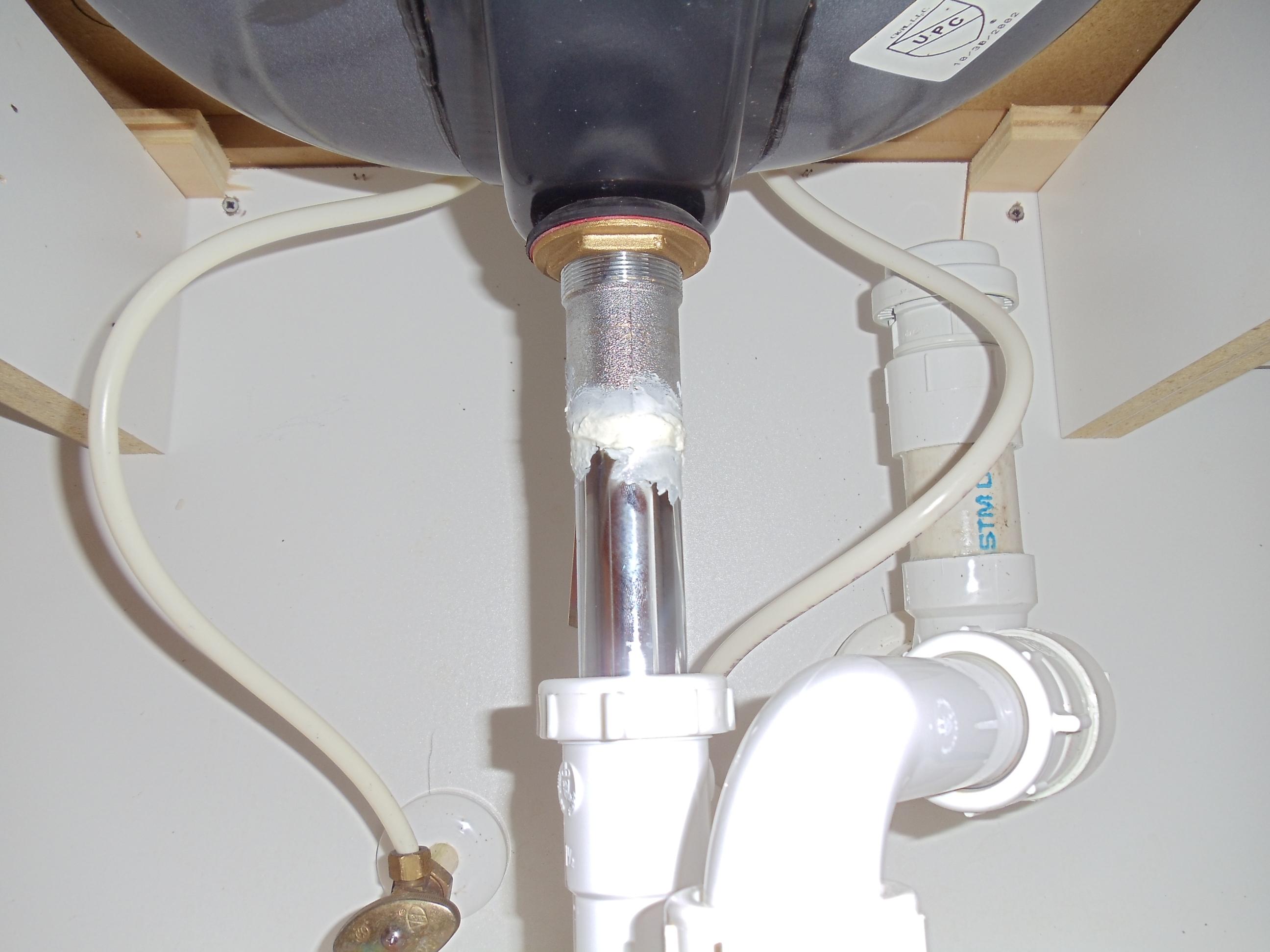

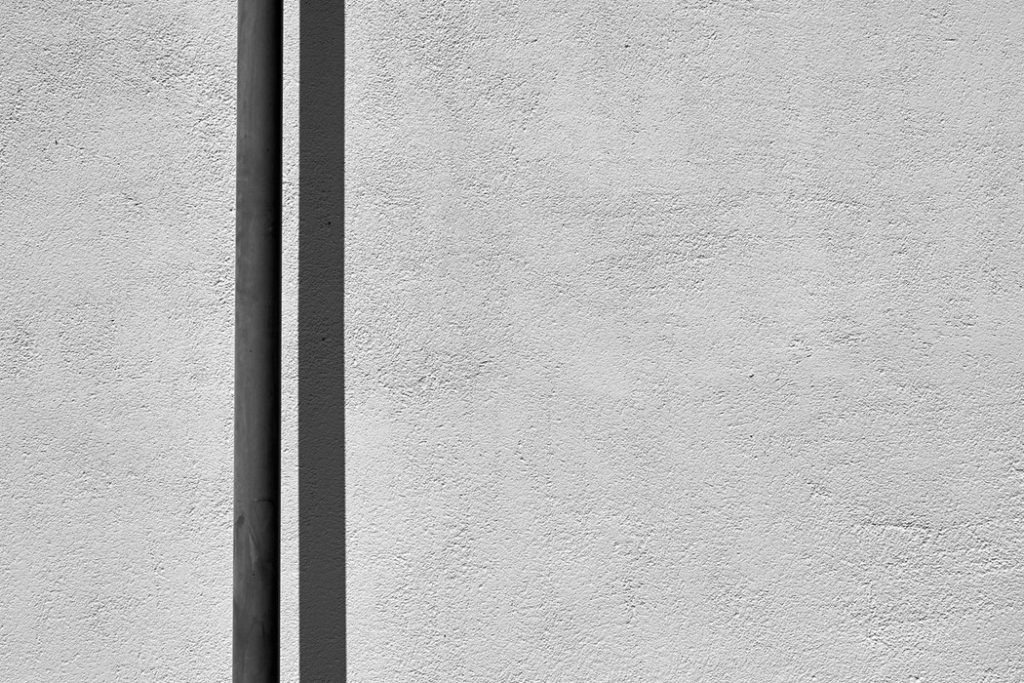
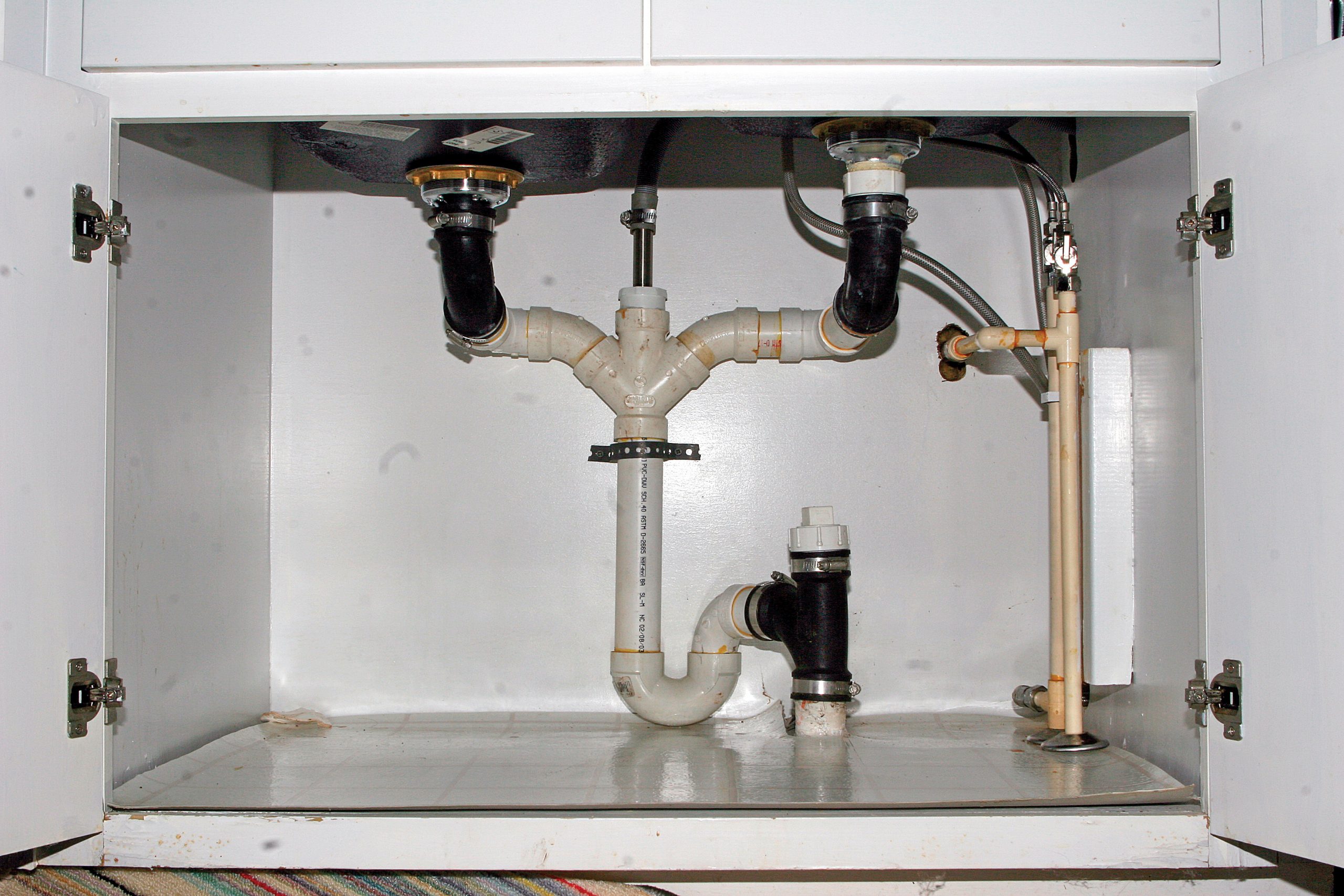


:max_bytes(150000):strip_icc()/how-to-install-a-sink-drain-2718789-hero-24e898006ed94c9593a2a268b57989a3.jpg)






